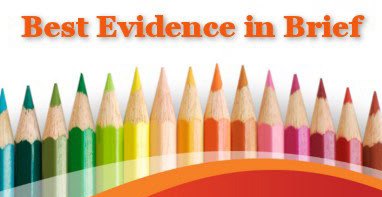Offering valuable feedback is essential for educators to encourage student advancement and enrich learning. Effective feedback helps tackle misconceptions and narrow the distance between a student’s current level and desired goals. However, inadequately provided feedback can have adverse consequences and impede progress. Teacher feedback is critical for enhancing student accomplishments, but identifying the most efficient forms of guidance remains a challenge.
The Education Endowment Foundation published a report containing six recommendations for teachers to support students’ learning through feedback. These recommendations are the result of integrating empirical research findings and the expertise of academics and practitioners. Each recommendation starts with a vignette, illustrating common challenges faced by teachers, includes case studies of feedback practice to represent current approaches, and suggests techniques and ideas that might work based on the evidence and the panel’s expertise.
The first three recommendations act as the main guiding principles: (1) establish the foundation for effective feedback through high quality instruction and formative assessment; (2) provide well-timed feedback that emphasizes progress in learning; (3) create a plan for students to receive and apply feedback, including time and opportunities for utilization. Two recommendations suggest teachers carefully consider the delivery method, whether to provide a (4) written or (5) verbal feedback, according to purpose and time-efficiency. The last recommendation is about (6) developing a school policy that emphasizes and illustrates the principles of effective feedback.

